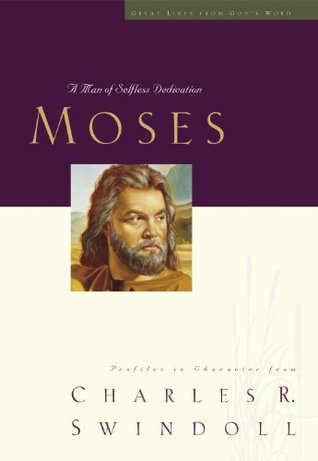More on this book
Community
Kindle Notes & Highlights
Invariably, when you act in the flesh, you have something to cover up. You have to bury your motive. You have to hide a contact you made to manipulate the plan. You have to conceal a lie or half-truth. You have to backtrack on a boast. You have to cover up the corpse your fleshly procedure has created. It’s just a matter of time before truth catches up with you. The sand always yields its secrets.
Knowledge tells me what to do; wisdom tells me when to do it and how to carry it out.
Moses was too strong. Too educated. Too cultured. Too gifted. Too advantaged. He was straining at the leash and had to learn that waiting— pacing himself—was not a sign of weakness but of strength. Maybe, as you read these
words, you have to admit that you haven’t learned that, either. You’re straining and gagging and kicking up lots of anxiety dust because life isn’t moving rapidly enough; circumstances aren’t changing at a fast enough clip.
Yet it did work. God worked. And Moses became the most magnificent leader Israel ever had—God appointed, not self-assumed. (We’ll look at that in greater depth in chapters 6 and 7.) That was the secret, plain and simple.
It was Ralph Waldo Emerson who said, “There is properly no history; only biography.” Thomas Carlyle, his contemporary, added these words back to him: “The study of history is nothing more than the study of great men and women.”
God puts us in the wilderness to test us, to stretch our spiritual muscles. Our earthly wilderness experiences are designed to develop us into men and women of faith. Let’s face it, our spiritual roots grow deep only when the winds around us are strong. Take away the tests, and we become spiritual wimps. But bring on the wilderness winds, and it’s remarkable how we grow, as our roots dig firmly into faith.


